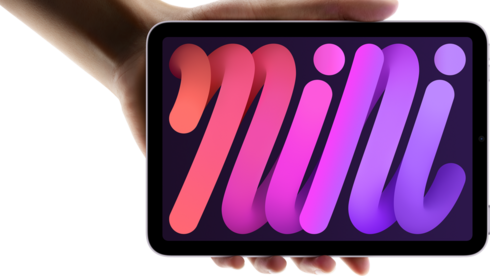Last week, Apple surprised everyone by officially releasing the new iPad Mini, the first update to the model in three years. The design hasn’t changed much, and although it looks a little rounder, it’s still the same iPad overall, and the screen bezels remain relatively thick compared to modern tablets.
The main difference between this iPad and its predecessor is under the hood, and it’s powered by the A17 Pro chip, the same processor introduced in the iPhone 15 Pro last year. It also has 8GB of RAM. These specs are the minimum specs required to run Apple’s AI system, known as Apple Intelligence, so if this sounds familiar, you’re probably up to date with Apple. There is.
6 View gallery


Apple’s new iPad Mini
(Photo: Apple)
This surprise announcement centers around the new iPad’s AI processing capabilities, similar to the iPhone and iPad Pro. However, as previously reported, Apple’s AI is not expected to be released immediately. In fact, the first features of this system will be officially released later this month and will only be available within the United States. Users must run a manual software update to access it. Although the update process is not complicated, we understand that some users may not be able to update their devices immediately.
The first feature to be released is Notification Summary, followed by Image Playground for image creation, Genmoji for avatar creation, and the long-awaited Siri update that is expected to be on par with Gemini, Claude, or ChatGPT.
However, there is a catch. Bloomberg reports that Apple’s internal research has revealed that the company is still far from offering tools that can compete with the best from Google and Microsoft. Testing showed that ChatGPT was 25% more accurate than Siri. This is an alarming number for Apple’s long-time assistant, especially considering the well-known “hallucination” issues faced by larger models.
6 View gallery
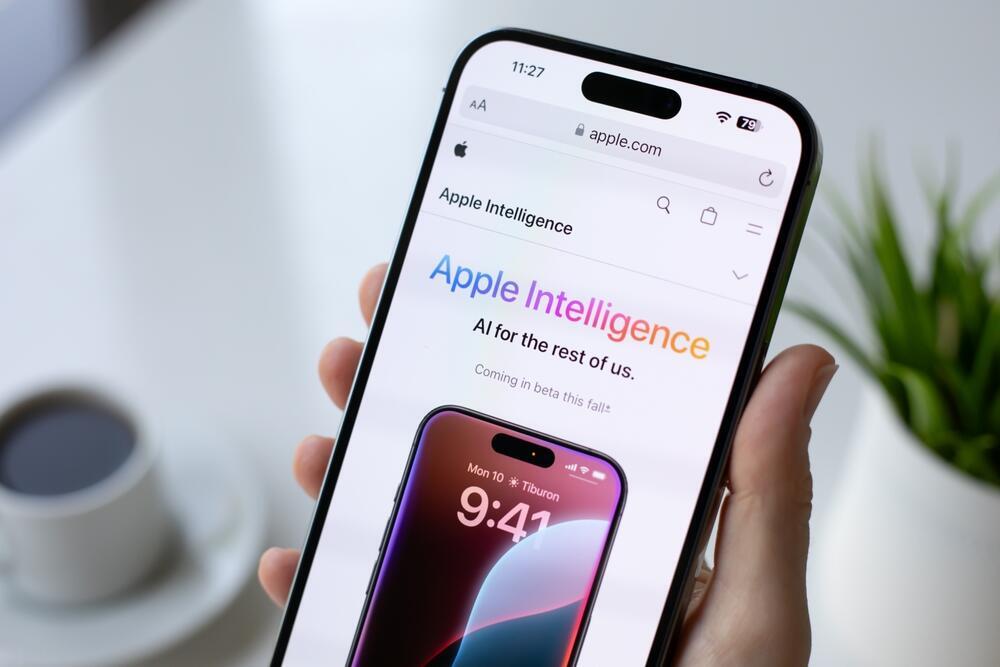

apple intelligence
(Photo: DenPhotos / Shutterstock.com)
The study also found that ChatGPT can handle 30% more questions than Siri. This means there is quite a bit of information (about a third more) that ChatGPT knows that Siri doesn’t. The conclusion drawn by Apple researchers is clear. The company is about two years behind other tech giants in AI and model development.
As a result, Apple needs to prove that it’s not just good, it’s very good. The problem is that over the past six months, Apple has made more tactical mistakes than you’d expect from an experienced company.
6 View gallery
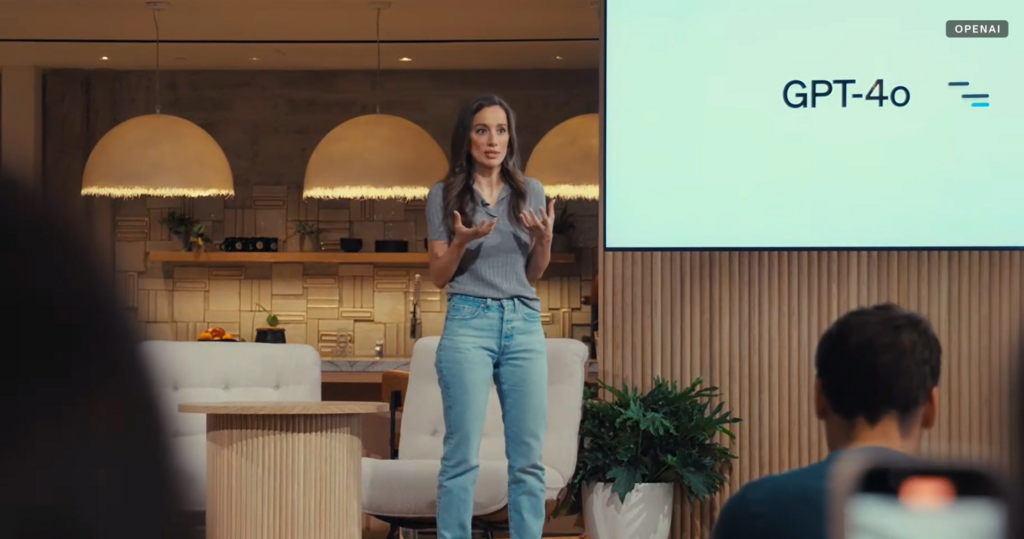

Launch of OpenAI’s GPT-4o
(Photo: Screengrab)
It’s no wonder, then, that Apple CEO Tim Cook gave an extensive interview to The Wall Street Journal, the world’s leading financial newspaper, over the weekend. In it, he sought to justify his decision and paint Apple’s future as brighter than a bunch of rainbow-maned unicorns. In other words, Mr. Cook was trying to reassure investors to hold on to their stocks a little longer rather than sell them and cause a market collapse.
6 View gallery
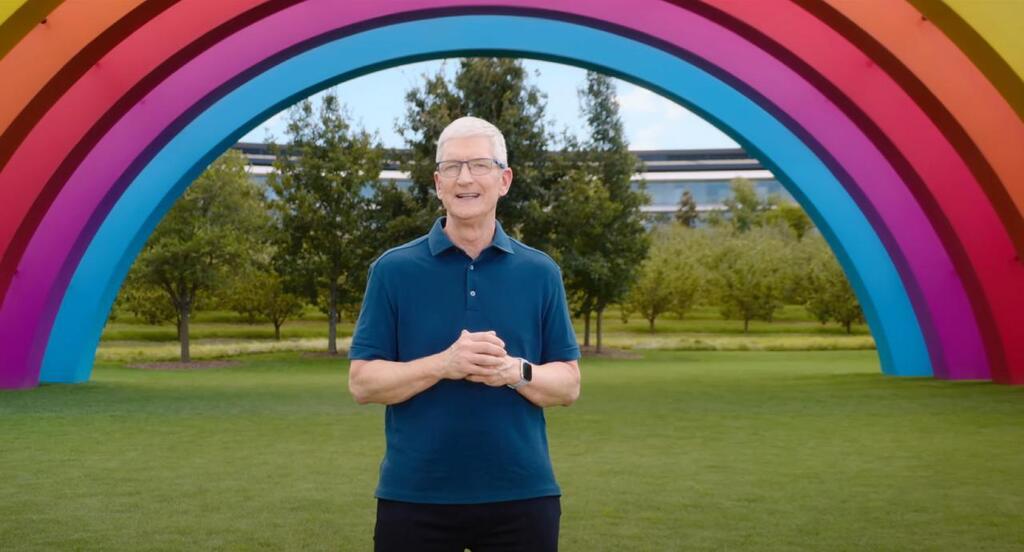

Apple CEO Tim Cook
(Photo: Screengrab)
Mr. Cook has been at the helm of Apple for 13 years, but for better or worse, it’s hard to say he’s offered the same vision for the future as other technology leaders. Even Google’s insensitive Sundar Pichai has some decent ideas. But Cook? His vision remains unclear.
Apple relied on the remnants of Steve Jobs’ master plan to push forward vigorously through the end of the last decade. Like Harry Seldon in Isaac Asimov’s Foundation series, Jobs left clear instructions for the future. But then there was friction with Apple’s chief product designer, Jony Ive, and Cook thought he could steer the ship alone.
Now it appears that was not the case. Apple will probably manage to deliver AI products just like its competitors, and may even hide the delay in the name of “we like simple, well-functioning products for our customers,” but this delay shouldn’t happen. That doesn’t change the fact. It happened in the first place.
Apple’s vision for VR and AR stalled this month. Meta collaborated with eyewear giant Luxottica to record impressive sales numbers for its Meta-Ray-Ban smart glasses. A senior executive at Essilor Luxottica, the world’s largest eyewear company, even called the glasses a “surprise hit of the summer.”
6 View gallery
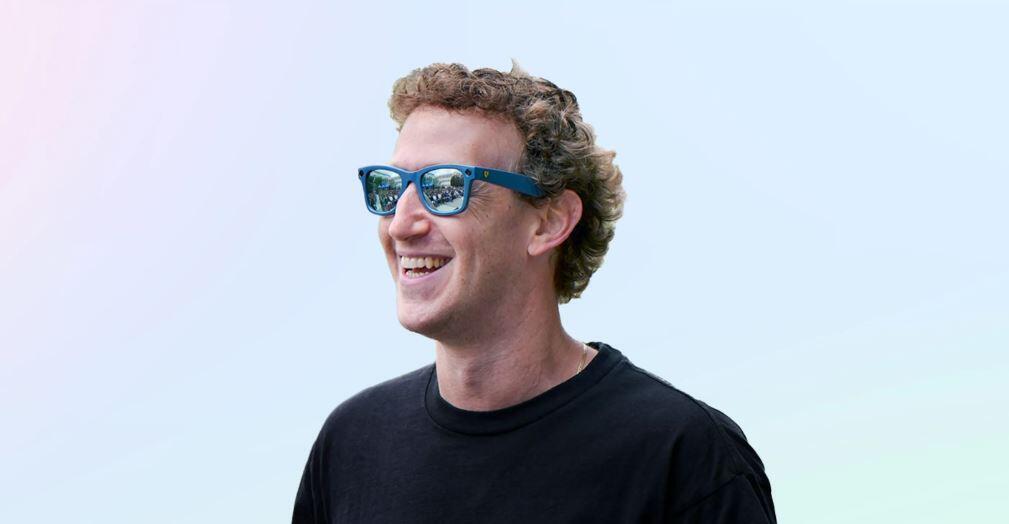

Mark Zuckerberg and Meta’s Ray-Ban smart glasses
(Photo: Meta)
Reacting to the success of the Meta, which replaced Apple’s bulky ski goggle-like Vision Pro with sleek Ray-Ban glasses, Tim Cook says Apple’s next headset will use Meta’s Ray-Bans. They immediately announced that they looked alike. Cook also revealed plans for a cheaper, simpler version of the Vision Pro, aimed at competing with Meta’s $300 Quest VR headset. The big question here is: Will Apple’s “affordable” version cost $300 or closer to $3,000?
In any case, Cook’s smooth talk in the newspapers won’t solve Apple’s image problems. He will work hard to avoid pressure from the board to replace him, although perhaps the return of Jony Ive or someone like Sam Altman will lead Apple into the mid-21st century. There will be a need. As it turns out, it worked out well for Microsoft. After Steve Ballmer’s disastrous tenure, Satya Nadella’s cloud and AI vision revitalized the company and made it a market leader once again.
6 View gallery


Satya Nadella and Sam Altman
(Photo: Justin Sullivan/Getty Images)
So far, neither the company’s forays into VR nor its foray into AI have been impressive, especially given Apple’s commitment to “perfection.” It remains to be seen whether this is the beginning of Apple’s decline from its technological dominance, or if it’s just a temporary glitch that will be fixed in the future.
Get the Ynetnews app on your smartphone.


